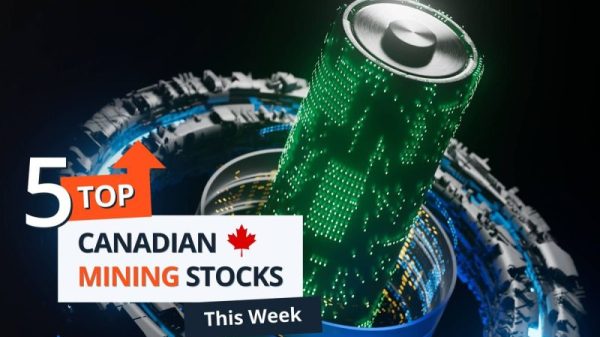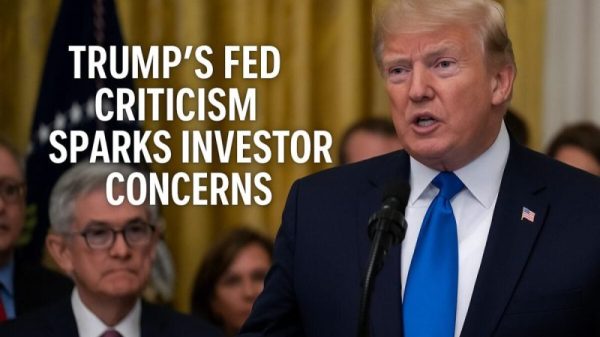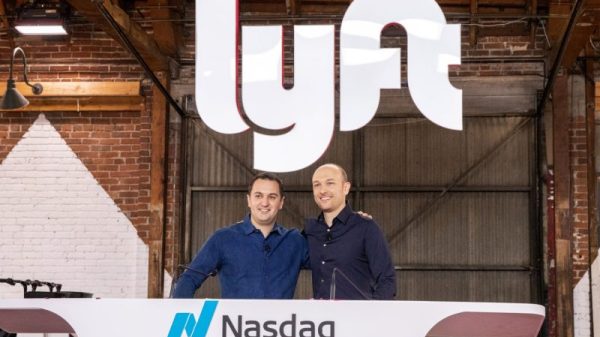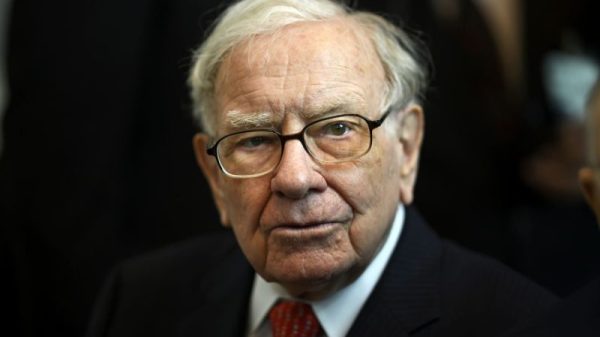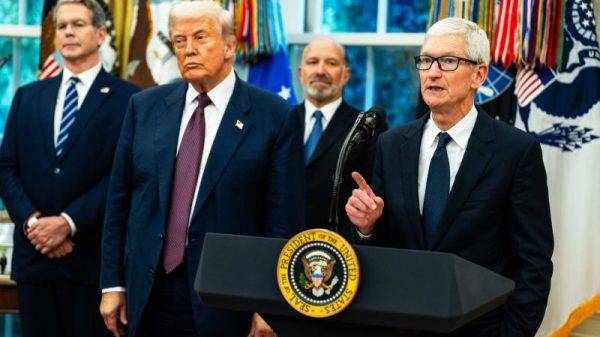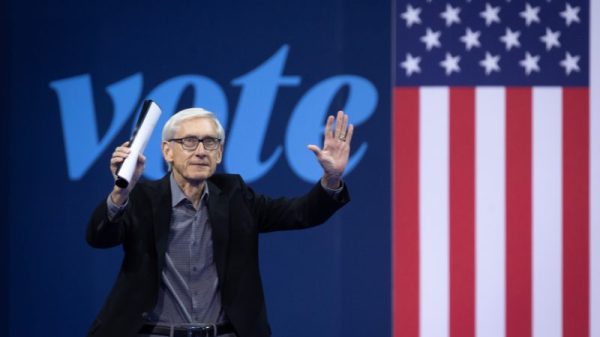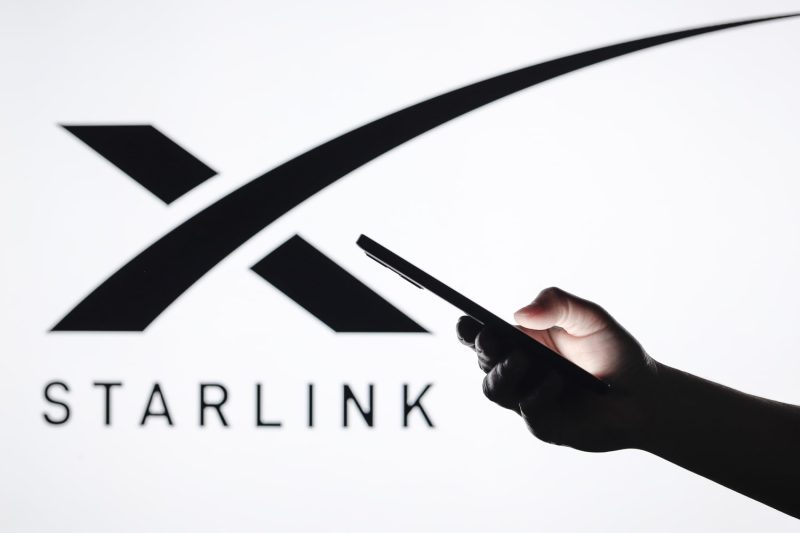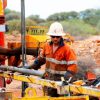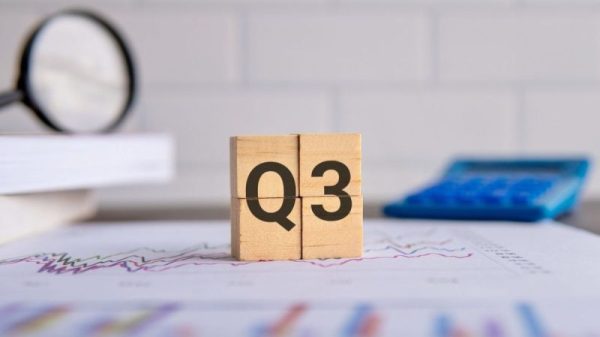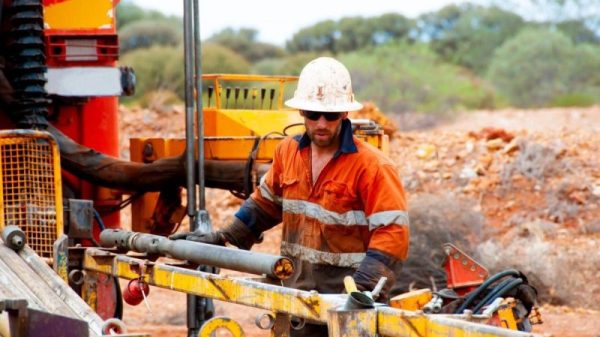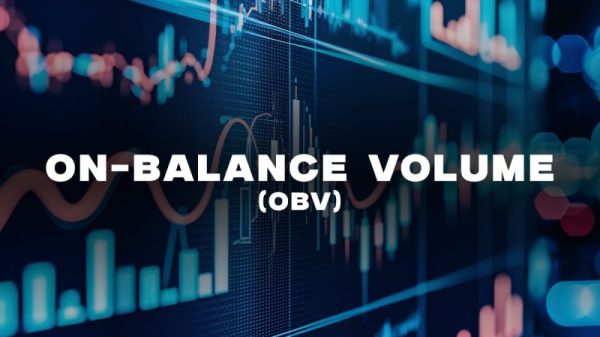Starlink, the satellite internet service from SpaceX, is poised to become a crucial lifeline in parts of southern Appalachia that were devastated by Hurricane Helene.
The Biden administration has announced it is planning to deploy dozens of ground-based Starlink devices that connect with satellites to provide internet services to remote areas. And the company has said approximately 500 Starlink kits are being deployed by private individuals and organizations to help with the recovery efforts. SpaceX CEO Elon Musk has said the company is waiving costs in affected areas.
The connectivity comes as many communities remain cut off from phone and internet systems.
But with that connectivity has come a less-welcome element: politics.
Former President Donald Trump said Monday that he’d spoken directly with Musk, one of his most ardent and high-profile supporters, about deploying Starlink to affected areas. That quickly drew a response from a Biden administration spokesperson who noted that the Federal Emergency Management Agency already had Starlink deliveries in place.
The brief exchange comes as the federal government’s response has drawn some scrutiny, with questions emerging about its readiness and placement of FEMA resources in advance of the storm. President Joe Biden and Vice President Kamala Harris visited the area Wednesday.
Though Musk has not directly tied Starlink to any criticisms of recovery efforts, he has appeared comfortable tying the internet satellite service to Trump, reposting on X the former president’s assertions that he had requested that Starlinks be sent and saying on Tuesday that Trump had alerted him to the need for additional Starlink terminals in North Carolina.
“Since the Hurricane Helene disaster, SpaceX has sent as many Starlink terminals as possible to help areas in need,” Musk wrote on X Tuesday. “Earlier today, @realDonaldTrump alerted me to additional people who need Starlink Internet in North Carolina. We are sending them terminals right away.”
It’s not the first time Musk has seemingly politicized access to Starlink in ways that critics say undermine the objectives of the Biden administration.
Last year, the Ukrainian government, which has relied heavily on Starlink to help defend itself against Russia’s invasion, criticized Musk after learning he had reportedly sought to limit Starlink access for its forces. Musk gave his version of events in a series of posts on X.
“The Starlink regions in question were not activated. SpaceX did not deactivate anything,” Musk said in a response to a thread on X about Ukraine’s claims, which were made in a book about the conflict.
“There was an emergency request from government authorities to activate Starlink all the way to Sevastopol,” he added, referring to Crimea’s largest city, which is home to Russia’s Black Sea fleet.
“The obvious intent being to sink most of the Russian fleet at anchor,” Musk said. “If I had agreed to their request, then SpaceX would be explicitly complicit in a major act of war and conflict escalation.”
Before that, Musk asked the U.S. government to take over funding Ukraine’s use of the network, suggesting SpaceX was going to take a huge financial loss on that deployment. In the end, the Pentagon agreed to purchase terminals from Musk for use in Ukraine.
Musk has also been accused of undermining the ability of Taiwan, and U.S. forces stationed there, to access versions of the service.
In February, Musk received a letter from the House Select Committee on the Chinese Communist Party asking him why U.S. troops stationed on Taiwan weren’t able to access StarShield, which experts describe as a militarized version of Starlink. Musk replied that he was in full compliance with his Pentagon contract, and SpaceX denied the House’s claim.
According to a CNN report, SpaceX subsequently insisted on majority ownership of a Starlink-based venture requested by Taiwan, a proposal the island nation rejected, calling it incompatible with its laws. Taiwanese officials also questioned the impact from Musk’s commercial ties to China, where his Tesla electric car company operates an assembly plant and where he is also building a new Gigafactory.
“What if we relied on Starlink and Musk decided to cut down because of pressure from China, because he has China’s market at stake?” Yisuo Tzeng, a researcher at the Institute for National Defense and Security Research, a think tank funded by Taiwan’s defense ministry, told the Times. “We have to take that into consideration.”
Yearslong momentum in Washington toward privatizing America’s space industry has deeply linked Musk’s entities with the U.S. government. NASA recently tapped SpaceX to ferry two astronauts stranded aboard the International Space Station at a rendezvous currently scheduled for February.
In addition to Starlink and SpaceX, Musk also owns Tesla and X, formerly Twitter — and he has bragged about the power he now exerts.
“Between Tesla, Starlink & Twitter, I may have more real-time global economic data in one head than anyone ever,” Musk posted on X last year.





